On November 29, in Hanoi, the Institute of Ethnology (Vietnam Academy of Social Sciences) in collaboration with the Vingroup Innovation Fund organized the 2023 Annual National Ethnology Conference with the theme: "Some new issues on ethnology in our country today".
Speaking at the opening of the workshop, Dr. Phan Chi Hieu, President of the Vietnam Academy of Social Sciences, emphasized: In the history of our country's development, ethnic groups and ethnic issues have always held an important position and role in the cause of building and defending the Fatherland. Our Party and State have always been consistent in the principle: "National unity is the strategy of the Vietnamese revolution; ethnic groups are equal, united, respect and help each other to develop together; harmoniously resolve relations between ethnic groups, strictly prohibit all acts of ethnic discrimination and division". This principle is reflected throughout the Party's policies and guidelines, the State's laws associated with specific policies in a number of ethnic groups, localities and the whole country through historical periods; demonstrating great and profound significance in solving ethnic issues, promoting ethnic resources, building and consolidating the great national unity bloc, contributing significantly to the successful implementation of the cause of building and defending the socialist Vietnamese Fatherland.
In the process of national renewal, the socio-economic situation of our country and in ethnic minority areas has developed significantly, socio- political stability, national defense and security have been maintained; the legitimate rights and interests of ethnic people have been guaranteed; the cultural and social life of the people has been increasingly improved, the poverty rate has decreased, the quality of education and life has been improved; the work of researching, building and perfecting the legal system in general and ethnic policies in particular has been gradually improved.
According to Dr. Phan Chi Hieu, in the world, since the end of the 20th century until now, ethnic and religious issues have become "hot spots" in many places, especially in countries and territories with multi-ethnic, multi-religious, and multi-border characteristics; ethnic conflicts and contradictions, extremist religious movements, narrow nationalism, autonomous and separatist ideology have emerged with a tendency to spread in many different forms and ways. Along with that, epidemics, natural disasters, and climate change have developed unpredictably and complicatedly; hostile forces have tried to sabotage in the field of ethnicity and religion;... These factors have had a strong and profound impact on ethnic groups and ethnic issues in our country.
The workshop is a forum for experts and scientists to exchange, discuss and identify new ethnic issues in our country today, especially in ethnic minority, border, coastal and island areas; assess the impact of new ethnic issues on socio-economic development, maintaining political stability, ensuring national security and defense in ethnic minority areas, and the country. At the same time, delegates also focused on analyzing and clarifying the causes of impact, forecasting new trends, thereby providing scientific arguments for ethnic policy making, better solving ethnic issues in our country, contributing to the sustainable development of ethnic groups, strengthening the great national unity bloc and building the Vietnamese national - ethnic community in the context of innovation and international integration.
Sharing at the workshop, Dr. Nguyen Thi Tam, Institute of Ethnology, said that in recent years, the appearance of life of the Brau people has changed significantly, but in general, their lives still face many difficulties. The special policies of the State for this ethnic group on the one hand help people improve their infrastructure, access new livelihood resources; Brau children can study more fully; on the other hand, it creates a mentality of dependence, waiting for support, taking advantage of policies, causing them to gradually lose their internal strength to rise up and escape poverty; besides, it more or less causes a mentality of comparison among neighboring ethnic groups, affecting the cohesion between ethnic groups.
Dr. Nguyen Thi Tam suggested that it is necessary to focus more on investment policies to develop education and the quality of human resources in the very small ethnic minority communities, to train them both intellectually and spiritually to serve the locality, because this is a team that has a strong influence and inspiration to the community. This is demonstrated through the case of Nang Xo Vi - the first Brau ethnic woman to become a National Assembly Delegate of the XV term of Kon Tum province.
It is necessary to involve all parties in the development stages, from planning, implementation, analysis and evaluation, on the basis of recognizing cultural differences and diversity, considering people's cultural capital as a resource for development, based on the internal perspective of the community instead of imposing an external view. Therefore, it is necessary to learn about the full experiences and knowledge of the people in order to find solutions to the problems of land use and management, economic development, cultural preservation and use of their own cultural capital in development programs and projects to achieve the highest efficiency./.
Source








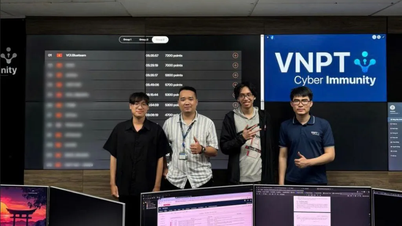







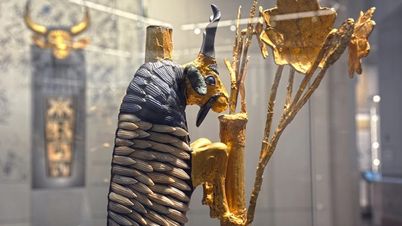





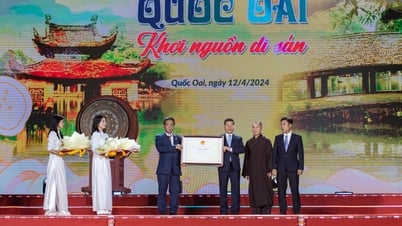

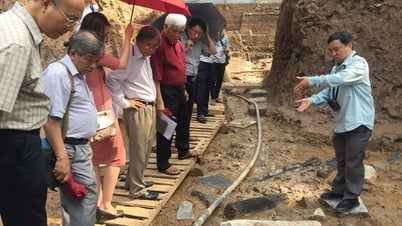














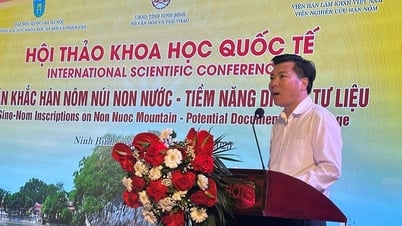






















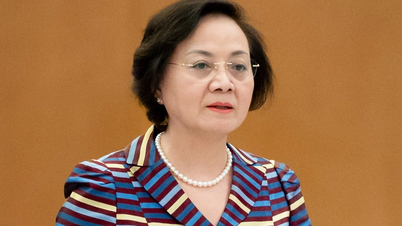

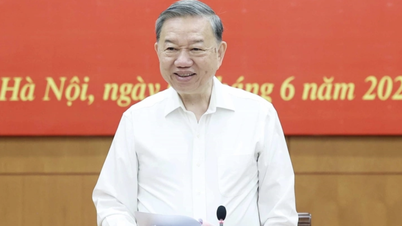











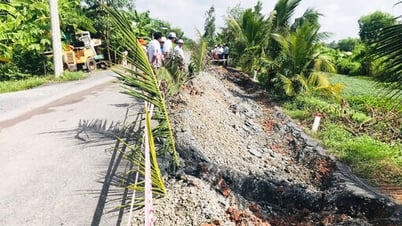



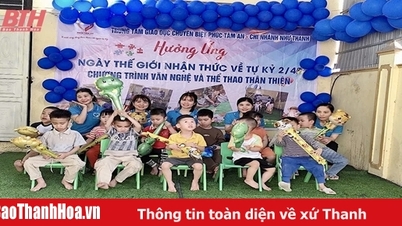



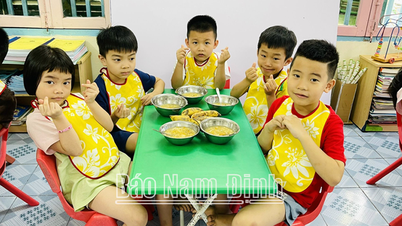

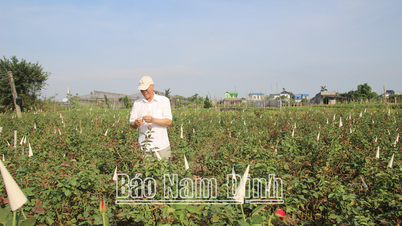








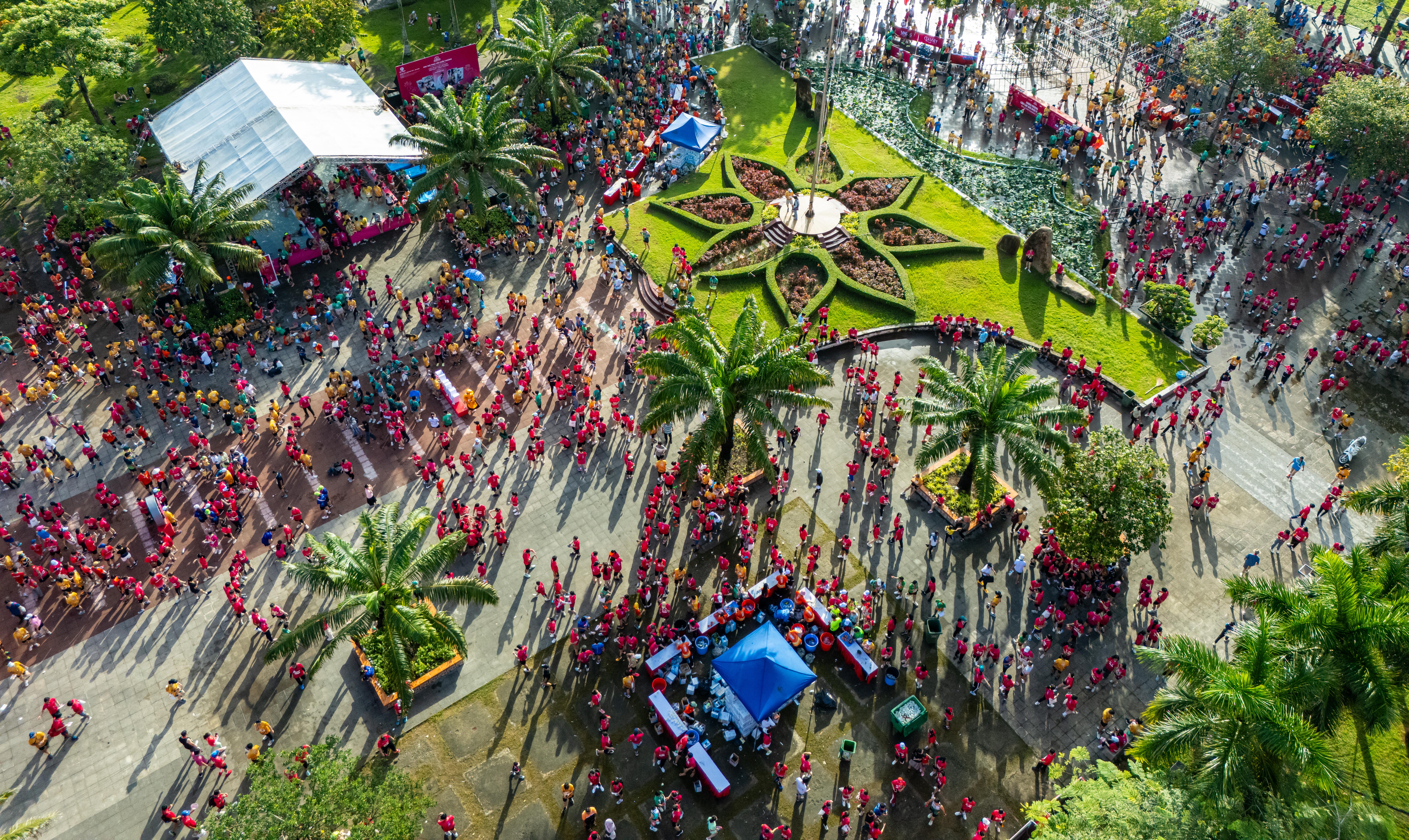

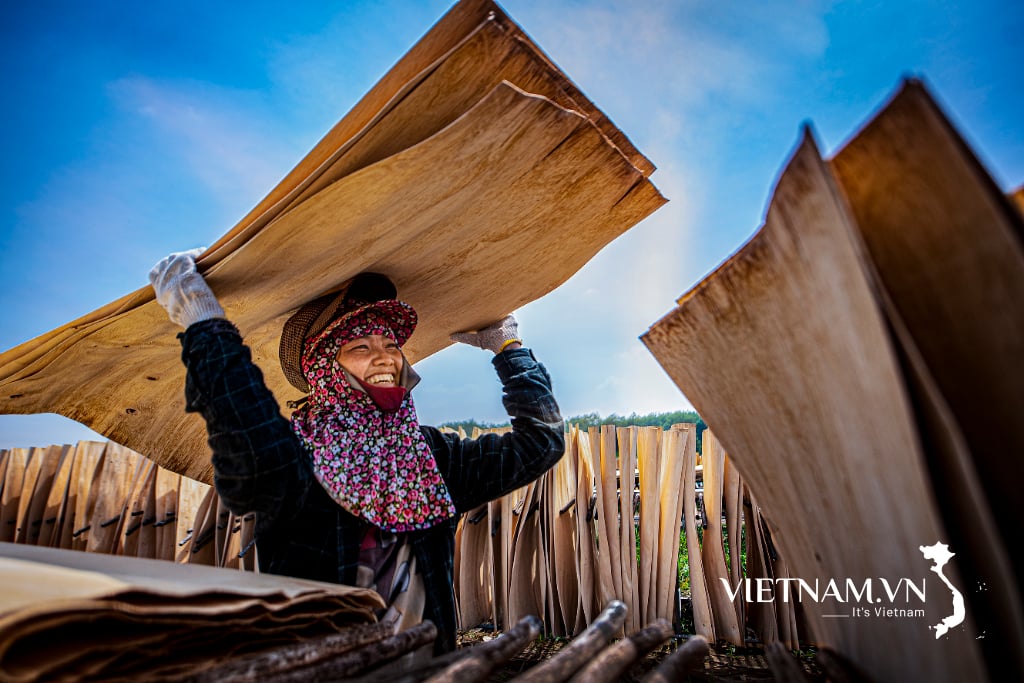
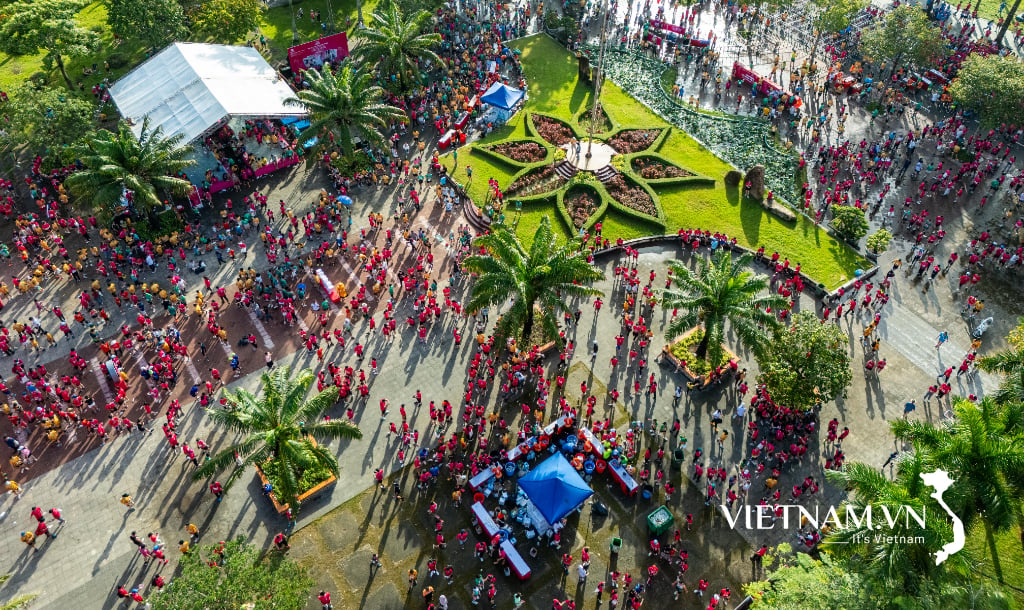
Comment (0)